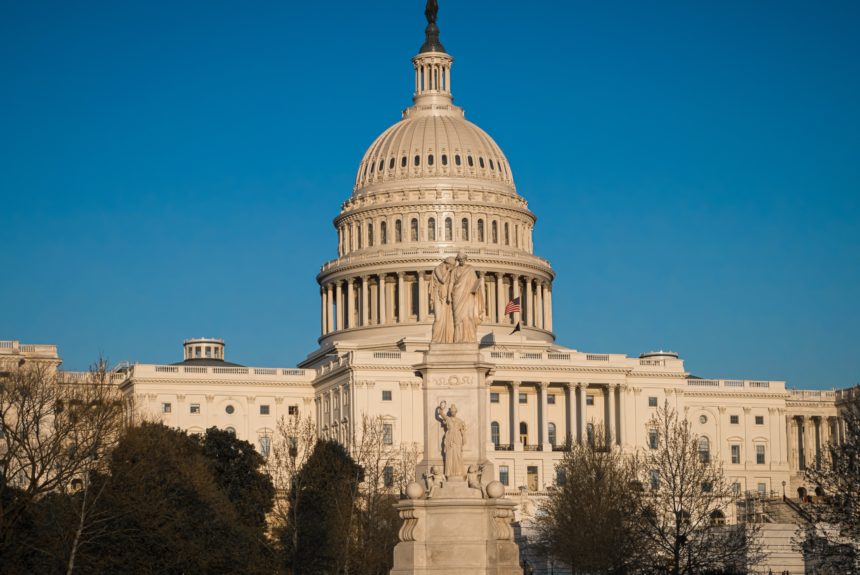As dialogue on climate policy continues to flow in Glasgow, Republican Senators Dan Sullivan (AK), Kevin Cramer (ND) and Cynthia Lummis (WY) have been busy tackling the issue in the states. Their recently unveiled American Energy, Jobs and Climate plan largely strikes the right tone on facts, principles, and policies.
The plan largely comports with C3’s overarching message and policy objectives: climate change is a global challenge and expanding economic freedom in the U.S. and around the world can raise standards of living while reducing the risks of human-induced warming.
Key facts include:
- As the U.S. economy grew 25 percent since 2005, power-sector emissions fell by 27 percent over the same time period. This is largely because of supplies of cheap natural gas but also an increase in renewable energy.
- China is responsible for more than a quarter (28 percent) of global greenhouse gas emissions, more than the entire developed world combined.
- Future emissions growth will overwhelmingly come from non-OECD nations.
- Exporting liquified natural gas from the U.S. is cleaner than piped gas from Russia and would be cleaner for countries whose economies are coal dependent.
Key principles include:
- A plan to reduce global emissions rather than solely concentrating on the U.S. If the U.S. were to reach net zero, the climate impact would be barely detectable, so a global perspective is imperative.
- A plan centered on innovation, utilizing domestic resources and the free market rather than taxes, mandates and regulation.
- Policies that ensure energy affordability, reliability, enhance national security objectives and reduce emissions.
Key policies include:
- Comprehensive permitting reform that will enable companies to build and use more clean technologies rather than jumping through complex regulatory hoops and fighting litigious anti-development activists.
- Natural climate solutions that can take advantage of advanced farming techniques and active forest management that will wisely steward the land for economic benefit but also sequester more carbon dioxide.
- Expansion of domestic mining and processing of rare earth elements that are essential to renewable energy, batteries and many other technologies essential for our military and daily lives.
- Additional research and development that can be a catalyst for economic and climate innovation.
Much of the Biden administration’s climate agenda has focused on carrots (subsidies) for various clean energy technologies. As we mentioned in an earlier post, the widespread adoption of low-emission and emission-free technologies will be continued cost reduction and expanded deployment. Breaking down government-imposed barriers is essential for both cost reduction and deployment. The American Energy, Jobs and Climate plan is a welcome and necessary step in that direction.
The views and opinions expressed are those of the author’s and do not necessarily reflect the official policy or position of C3.
